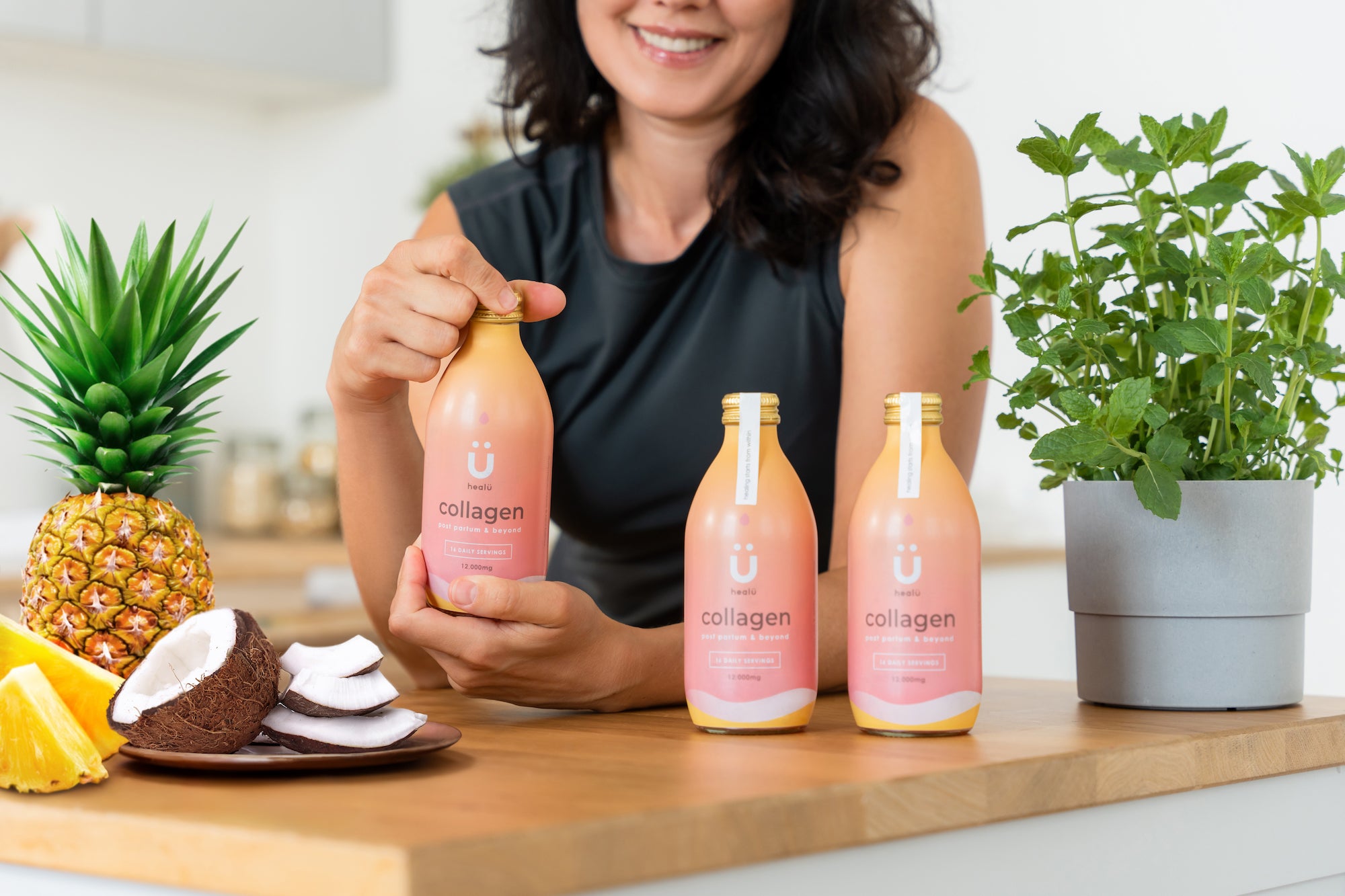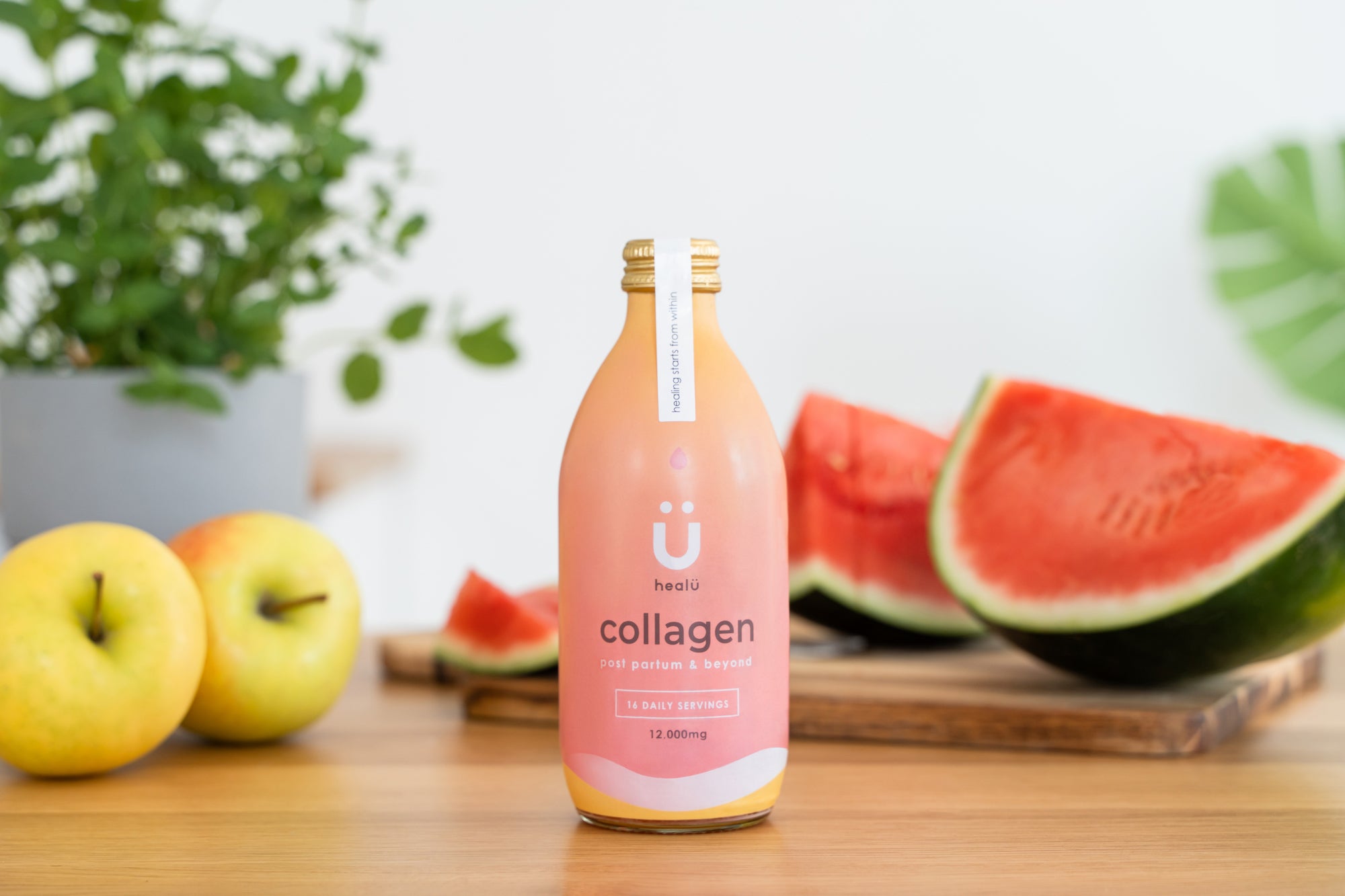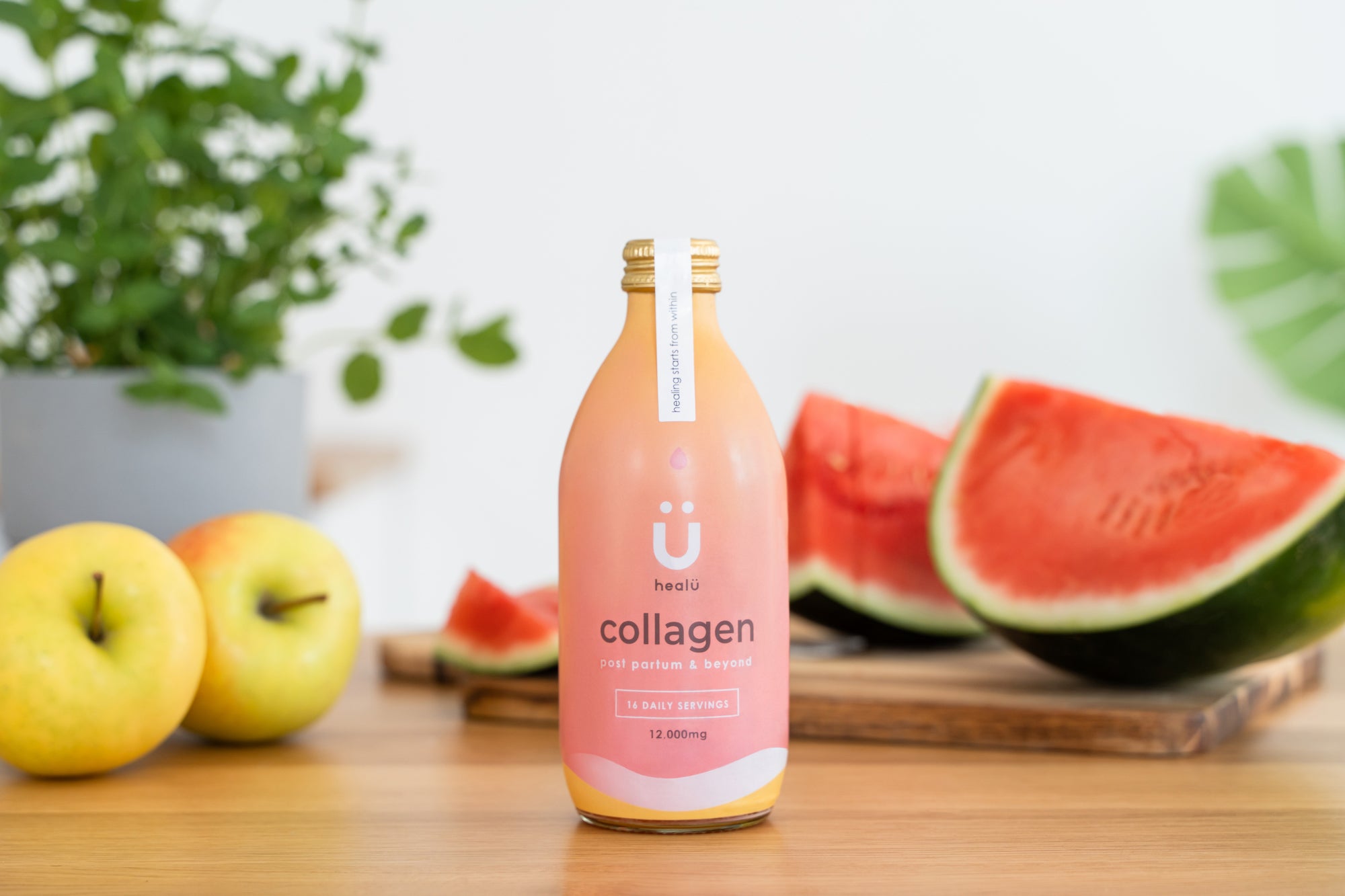When you’ve just welcomed your little one into the world, looking after yourself often takes a back seat. Between sleepless nights, feeding schedules, and recovery, it’s easy to forget that your body also needs nourishment and support. Many new mums in the UK are turning to supplements like collagen to help restore energy, improve skin elasticity, and promote joint and bone health. But one question comes up again and again — can you take collagen while breastfeeding?
Let’s explore what collagen is, why it’s so popular, and what you need to consider before adding it to your postnatal routine.
What Is Collagen and Why Do We Need It?
Collagen is a naturally occurring protein found in your skin, hair, nails, bones, and connective tissues. It’s what gives skin its bounce, keeps joints flexible, and supports overall tissue strength. However, as we age — and especially after pregnancy — collagen levels start to decline.
This decline can lead to signs such as fine lines, weaker nails, and even increased joint stiffness. It’s no wonder that collagen supplements have become a wellness favourite among those wanting to restore a youthful glow and support overall recovery.
The Link Between Collagen and Postpartum Recovery
During pregnancy and breastfeeding, your body goes through incredible physical changes. Many women notice differences in their skin, hair, and energy levels. Collagen plays a crucial role here — it supports skin elasticity (which can help with postpartum skin tightening), strengthens hair and nails, and promotes joint comfort, which is especially important after childbirth.
It’s also a key component in healing and tissue repair. So, the idea of replenishing collagen after giving birth makes perfect sense. However, when it comes to breastfeeding, it’s important to be cautious and well-informed before starting any supplement.
So, Can You Take Collagen While Breastfeeding?
The straightforward answer is that collagen is generally considered safe for most breastfeeding mothers, but with a few important notes of caution.
Collagen supplements are typically made from natural sources such as bovine (cow), marine (fish), or chicken protein. Since collagen itself is a form of protein already found in the body, it’s not usually something that poses a risk to your baby. However, it’s always essential to make sure that any product you use — especially while breastfeeding — is of high quality and free from unnecessary additives or artificial ingredients.
Before taking any supplement, including collagen, you should speak with your GP, midwife, or healthcare provider. They can assess your individual needs and help ensure that you’re not taking anything that could interfere with your milk supply or your baby’s digestion.
Benefits of Taking Collagen While Breastfeeding
If your healthcare provider gives you the go-ahead, adding collagen to your diet could offer several benefits:
1. Healthier Skin
Post-pregnancy skin can lose elasticity due to hormonal changes and stretching. Collagen may help support firmer, more hydrated skin, helping new mums feel more confident in their own skin again.
2. Stronger Hair and Nails
Many mums experience hair shedding or brittle nails after giving birth. Collagen supports the structure of keratin — the protein that makes up hair and nails — which may help reduce these symptoms.
3. Joint and Bone Support
Carrying your baby, pushing a pram, or lifting car seats can put strain on your joints. Collagen can support joint health and flexibility, helping you move comfortably during this physically demanding time.
4. Gut Health
Some studies suggest collagen peptides may help improve gut health, which can support nutrient absorption — crucial while breastfeeding.
Choosing the Right Collagen Supplement
If you’re planning to take collagen while breastfeeding, not all supplements are created equal. Here are a few things to consider:
-
Opt for pure collagen peptides or hydrolysed collagen, which are easier for the body to absorb.
-
Check the source — marine collagen is often preferred for its smaller peptide size and higher absorption rate, while bovine collagen offers a good balance of types I and III collagen for skin and joint support.
-
Choose products tested for safety and quality, ideally those made in the UK or EU under strict manufacturing standards.
If you’re unsure, your healthcare provider can recommend reputable brands or check whether a particular supplement is suitable for you.
Getting Collagen Naturally Through Food
Supplements are not the only way to increase your collagen levels. You can also boost collagen production through your diet. Foods rich in vitamin C, zinc, and amino acids are key to supporting your body’s natural collagen synthesis.
Some great options include:
-
Bone broth (rich in natural collagen)
-
Oily fish such as salmon
-
Eggs and lean meats
-
Citrus fruits, berries, and leafy greens
-
Nuts and seeds for zinc and healthy fats
Combining a collagen-friendly diet with good hydration and adequate rest can go a long way in supporting your postnatal recovery.
Potential Side Effects or Concerns
While collagen is generally well-tolerated, some people may experience mild digestive discomfort, such as bloating or a feeling of fullness. If you notice any unusual reactions after taking collagen, stop using it and consult your GP.
It’s also worth noting that supplements should not replace a balanced diet or medical care. The goal is to complement your nutrition, not substitute it.
The Bottom Line
So, can you take collagen while breastfeeding? In most cases, yes — as long as you choose a clean, high-quality supplement and consult your healthcare provider first. Collagen can offer benefits for your skin, hair, joints, and recovery after childbirth, helping you feel more energised and confident as you care for your baby.
At Heal-U, we believe that postnatal wellbeing should be approached with care, knowledge, and balance. Your body has just done something incredible — now it’s time to nourish it back to strength with the right support and self-care.








